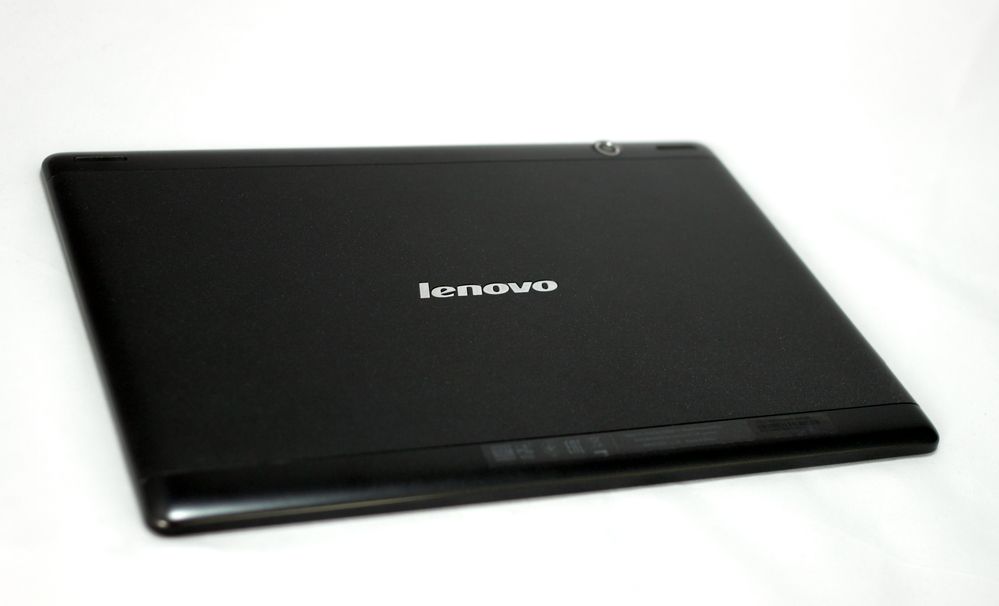Top Class Actions’s website and social media posts use affiliate links. If you make a purchase using such links, we may receive a commission, but it will not result in any additional charges to you. Please review our Affiliate Link Disclosure for more information.

Lead plaintiffs alleged in their class action lawsuit that the Lenovo laptops they purchased came preinstalled with software created by Superfish called VisualDiscovery designed to monitor their activities and send corresponding advertisements.
The plaintiffs alleged 40 Lenovo laptop models were installed with the Superfish software.
Lenovo fought certification arguing that the proposed Class of Lenovo laptop owners was too broad because it would include persons never harmed, including laptop owners who had given Lenovo favorable reviews and those who had uninstalled the software at issue.
Lenovo also argued that the plaintiffs raised issues that are not common to the entire proposed Class, and their model for calculating damages was inadequate.
U.S. District Judge Ronald M. Whyte’s order certified the proposed Class. Judge Whyte rejected Lenovo’s argument that the proposed Classes could not move forward because they included consumers who had not been harmed.
“Neither the favorable laptop performance reviews, nor the decision of some class members to opt out or uninstall VisualDiscovery, defeat the commonality of the proposed classes,” the judge stated in his order. “These circumstances ‘merely highlight the possibility that an injurious course of conduct may sometimes fail to cause injury to certain class members’ who were exposed to the conduct.”
Judge Whyte trimmed a number of the plaintiffs’ class action claims. Judge Whyte dismissed the computer users’ state negligence claims and allegations under the Electronic Communications Privacy Act and a pair of state consumer protection statutes. However, the judge granted the plaintiffs an opportunity to amend their claims.
The judge also dismissed the plaintiffs’ claims that they would be subject to future injuries, including less efficient laptops and potential security breaches, noting that future injuries must be impending, not just possibilities.
“Plaintiffs have alleged that VisualDiscovery accessed their computers and intercepted their data, causing injury-in-fact in the form of reduced performance,” the judge pointed out in his order.
Judge Whyte also noted that the allegation that consumers would have paid less or not purchased the devices at all if they had known about the software installation was also sufficient to establish an injury as well.
The judge trimmed the class action’s claims under the ECPA because the provision the claims were brought under related to criminal liability for the manufacturing and distribution of devices that intercept communications only.
“Congress chose to confine private civil actions to defendants who had ‘intercepted, disclosed, or intentionally used [a communication],” Judge Whyte pointed out in his order. “Plaintiffs do not allege that Lenovo intercepted, disclosed, or intentionally used any of their communications.”
Software developer Superfish settled with plaintiffs early this year.
The plaintiffs’ legal team is Jonathan K. Levine and Elizabeth C. Pritzker of Pritzker Levine LLP, Daniel C. Girard and Elizabeth A. Kramer of Girard Gibbs LLP, and Matthew K. Edling, Philip L. Gregory and Steven N. Williams of Cotchett Pitre & McCarthy LLP.
The Lenovo Spyware Class Action Lawsuit is In re: Lenovo Adware Litigation, Case No. 5:15-md-02624, in the U.S. District Court for the Northern District of California, San Jose Division.
UPDATE: On Jan. 30, 2018, claims in a class action lawsuit alleging Lenovo preinstalled secret monitoring devices on computers were further trimmed by a federal judge. Lenovo successfully argued that class action claims under New York’s consumer protection laws should be dismissed.
UPDATE 2: On July 18, 2018, Lenovo laptop users have reached $8.3 million class action settlement resolving allegations that a pre-installed software program on Lenovo computer caused performance, privacy, and security issues. Top Class Actions will let our viewers know as soon as the settlement website and claim form are available.
UPDATE 3: January 2019, the Lenovo adware class action settlement is now open. Click here to file a claim.
UPDATE 4: On Nov. 12, 2019, Top Class Actions viewers started receiving checks in the mail worth up to $244.52. Congratulations to everyone who filed a claim and got PAID!
ATTORNEY ADVERTISING
Top Class Actions is a Proud Member of the American Bar Association
LEGAL INFORMATION IS NOT LEGAL ADVICE
Top Class Actions Legal Statement
©2008 – 2024 Top Class Actions® LLC
Various Trademarks held by their respective owners
This website is not intended for viewing or usage by European Union citizens.














